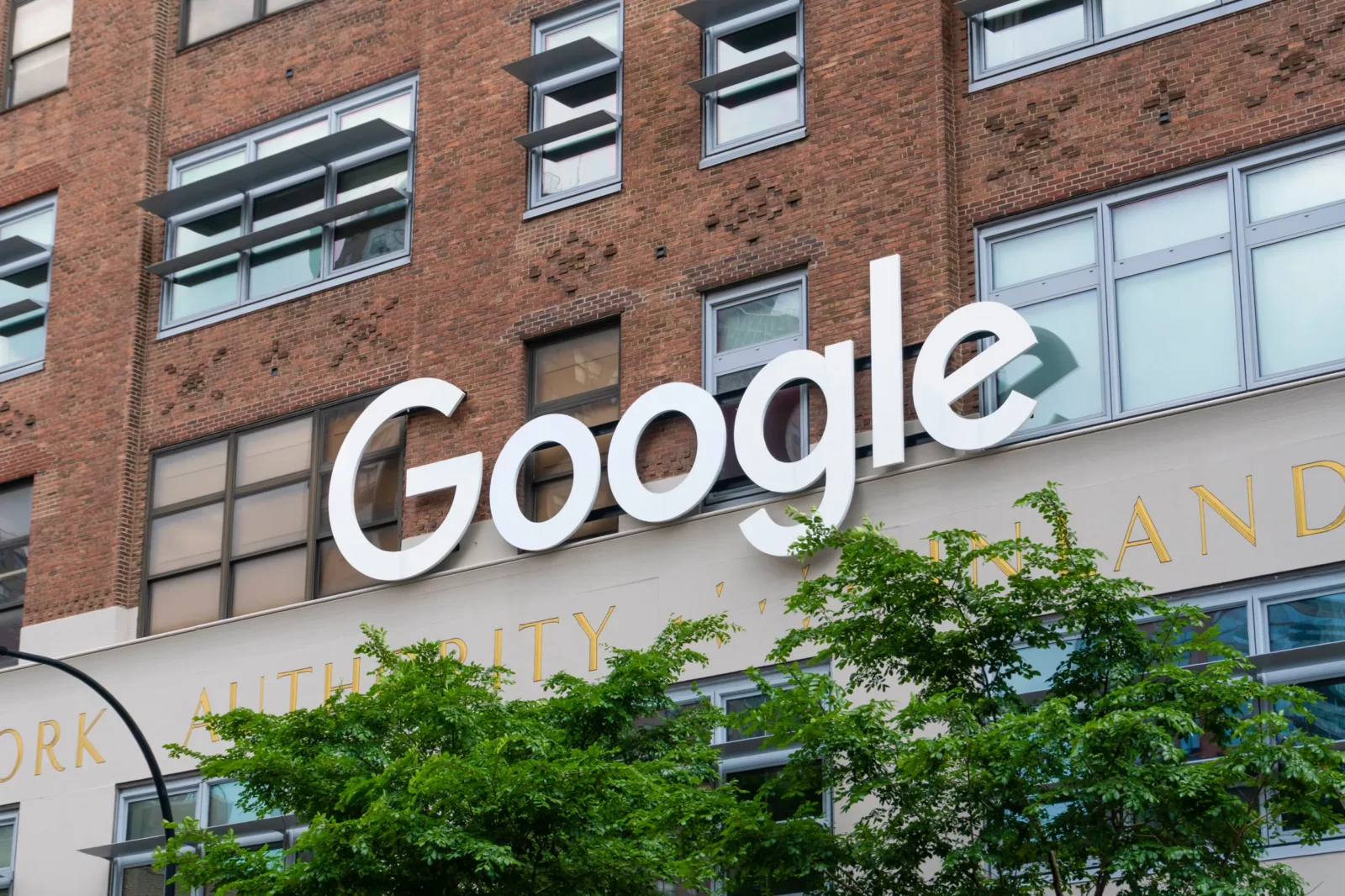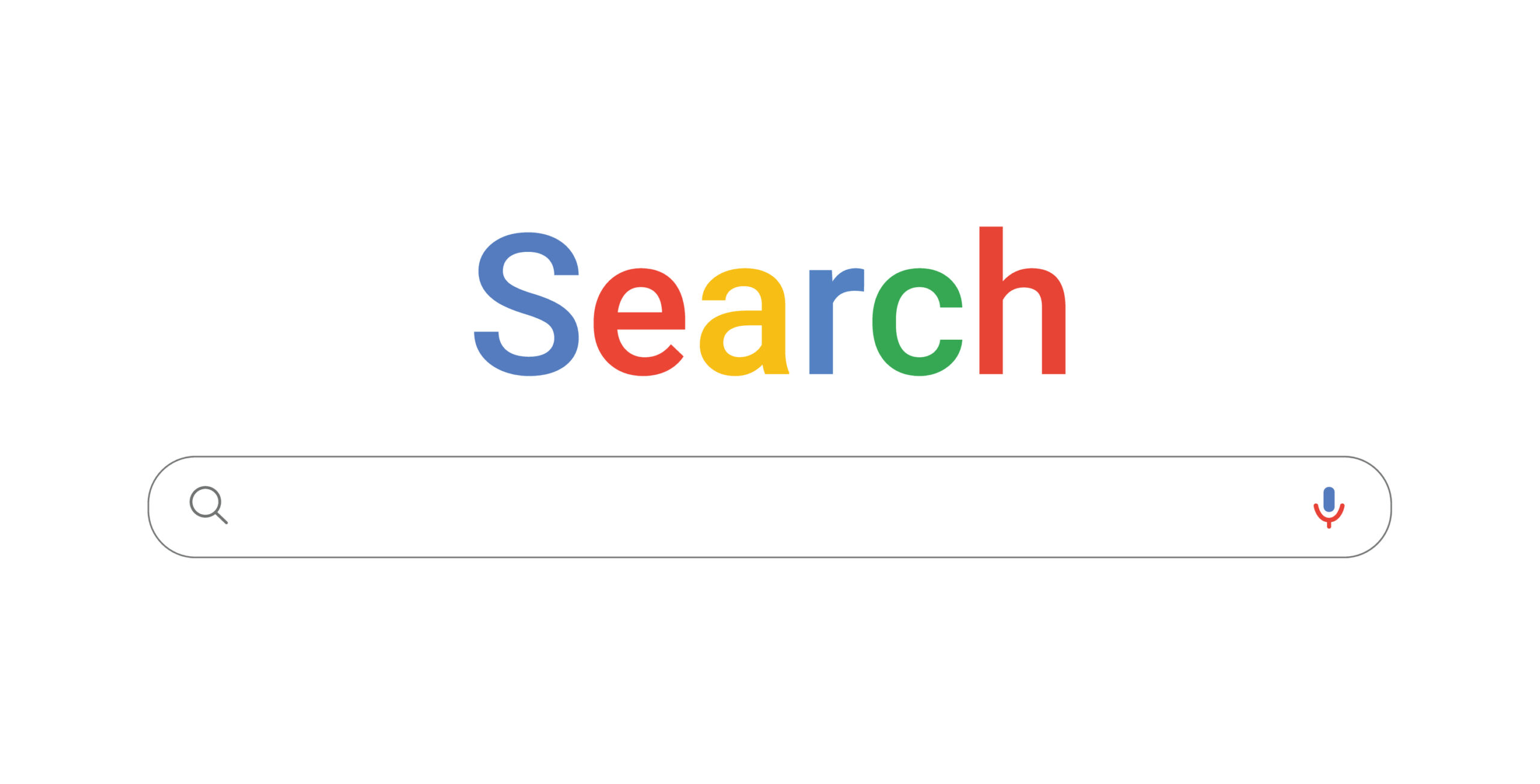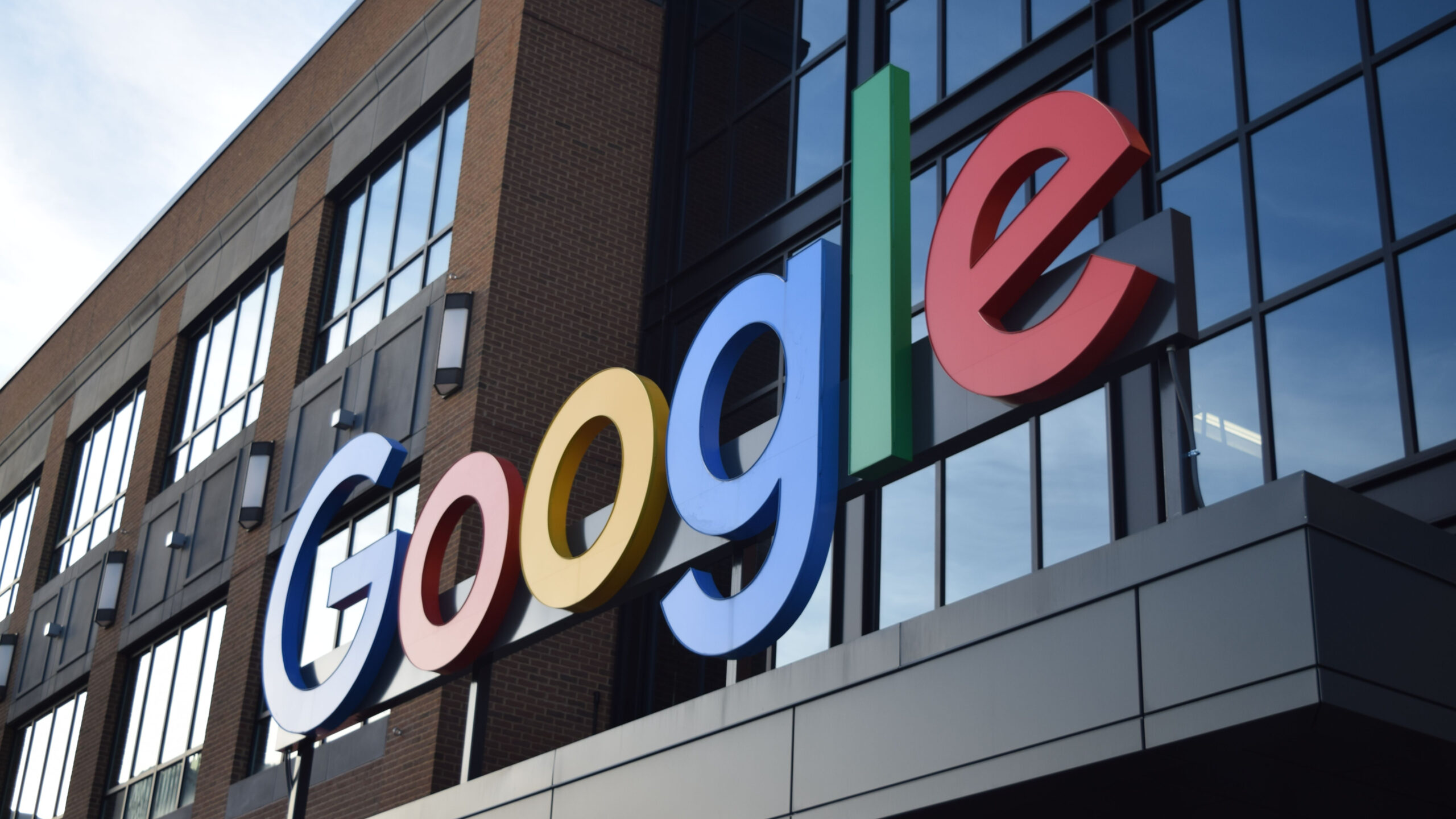Federal Circuit Rules, Orders Further Trial in Oracle v. Google
*Update: More analysis from Jon Band here.*
The Federal Circuit’s Oracle v. Google decision over copyright in the Java APIs is out. If you’re looking for a quick or simple resolution to this dispute, you’ll be disappointed.
Back in December when the Oracle v. Google case was argued before the Federal Circuit, my colleague Jon Band (with whom I co-authored a brief in the case) offered some observations based on the oral argument, which ran a full 30 minutes late, as the 3-judge panel grilled the party’s lawyers on questions of copyright, infringement, and fair use.
Jon noted the many complexities in the case, the continuing importance of the question of fair use, and predicted that the case was far from over. Today’s opinion confirms all of those assessments: the Federal Circuit issued a lengthy, 69-page opinion, affirming in part, reversing in part, and also sending the case back to the trial court for an entirely new trial on the complex factual questions around the four fair use factors.
In short, the opinion reverses the district court’s finding that the structure, sequence, and organization (SSO) of Java’s APIs was not copyrightable, setting up an apparent circuit split that could go to the Supreme Court. It further holds that Google’s use of Java API packages in Android infringed the Java copyrights, and also that Google’s fair use defense needs further exploration.
The court’s opinion begins its discussion by noting that it is “mindful that the application of copyright law in the computer context is often a difficult task”, repeating the oft-cited quote from Judge Boudin in Lotus v. Borland that “Applying copyright law to computer programs is like assembling a jigsaw puzzle whose pieces do not quite fit,” but ultimately concludes that, in this case, the Java APIs were copyrightable, and infringed.
Stay tuned for further analysis from Jon…








